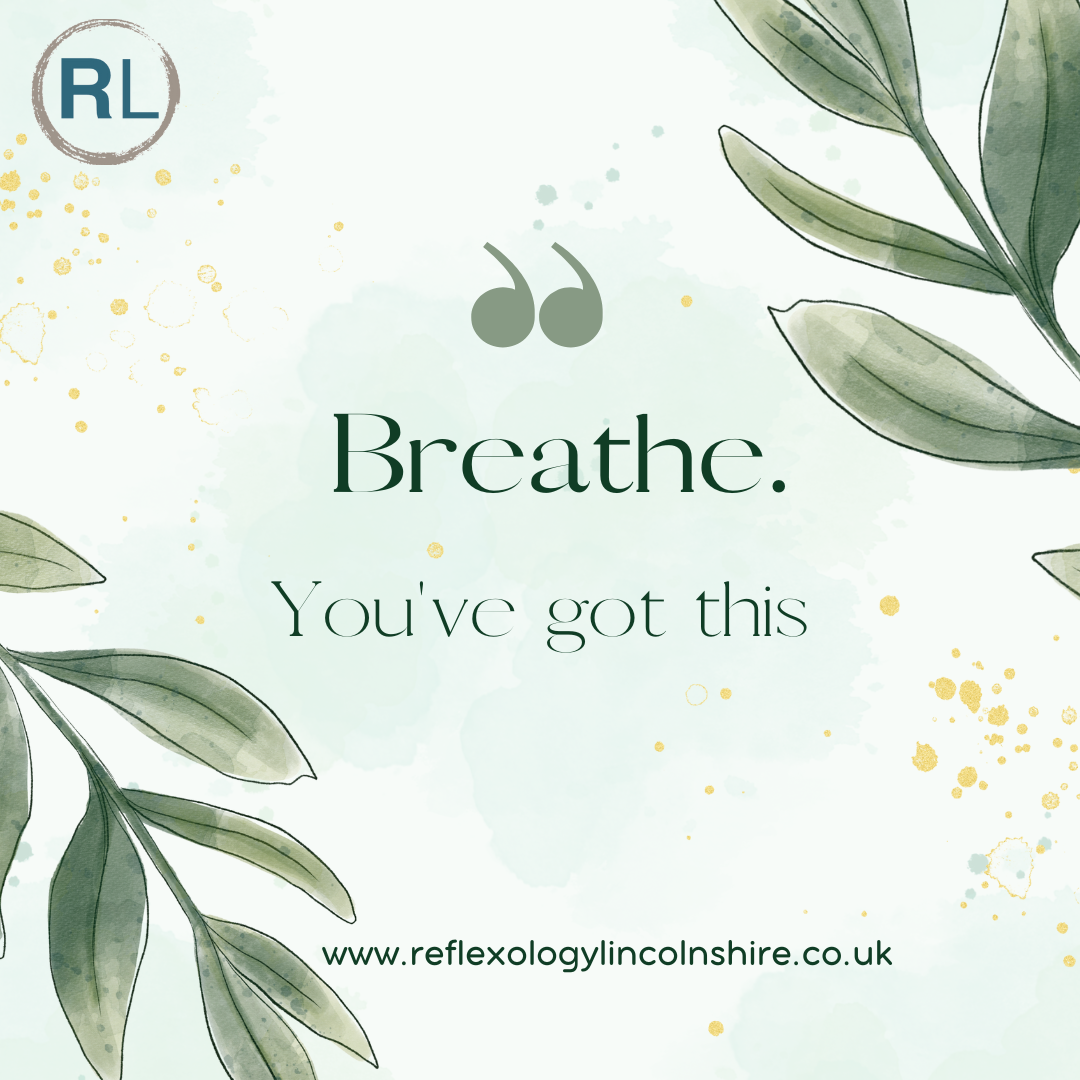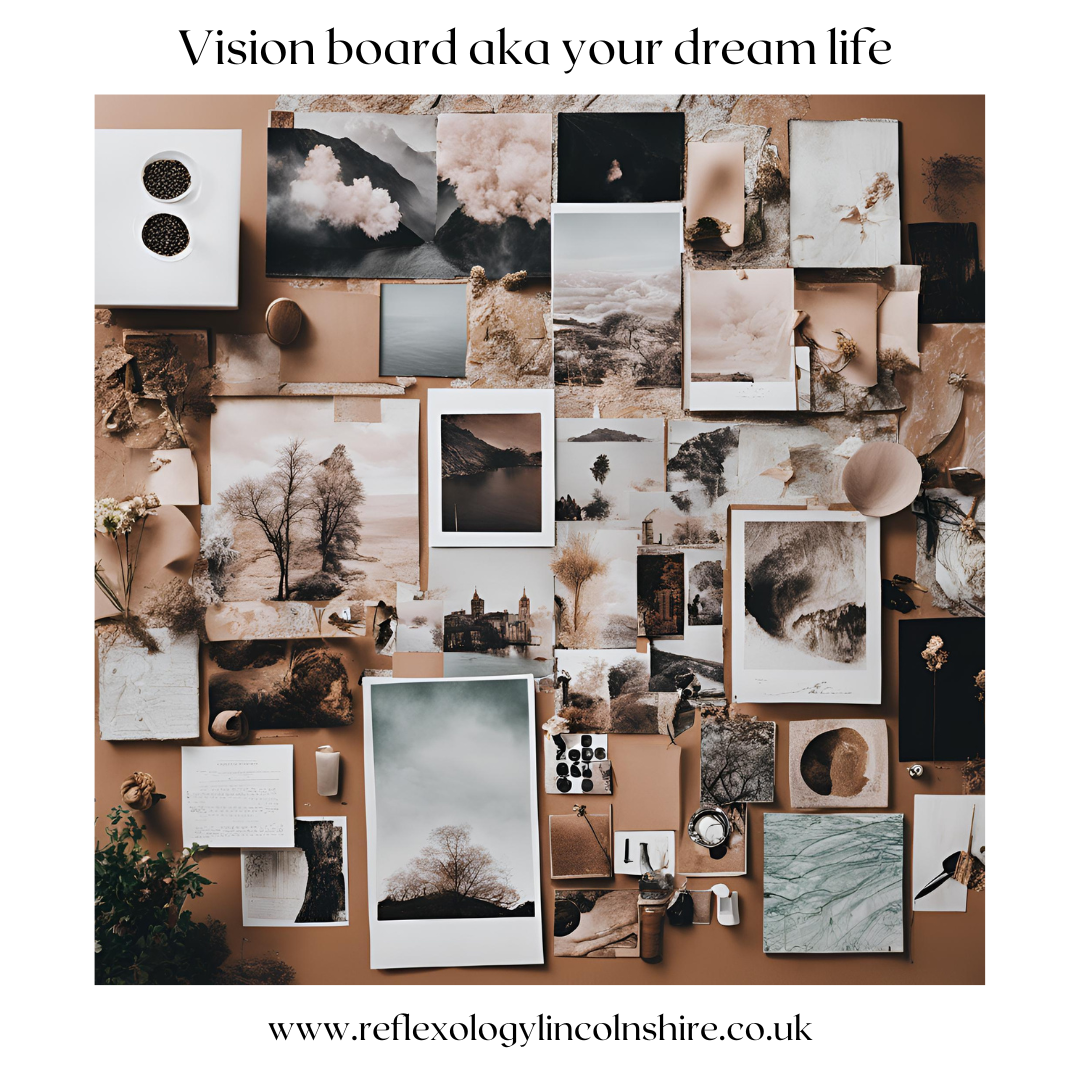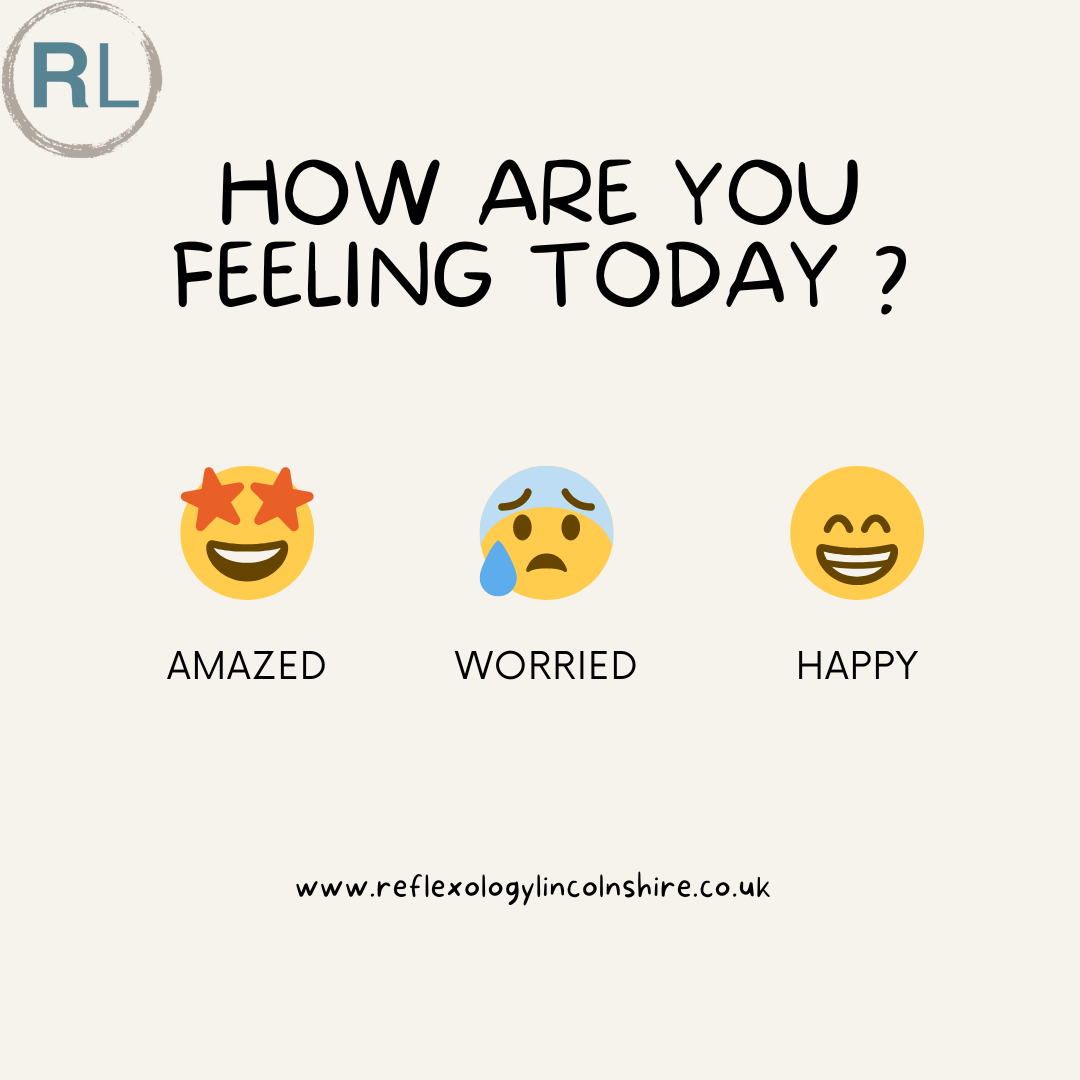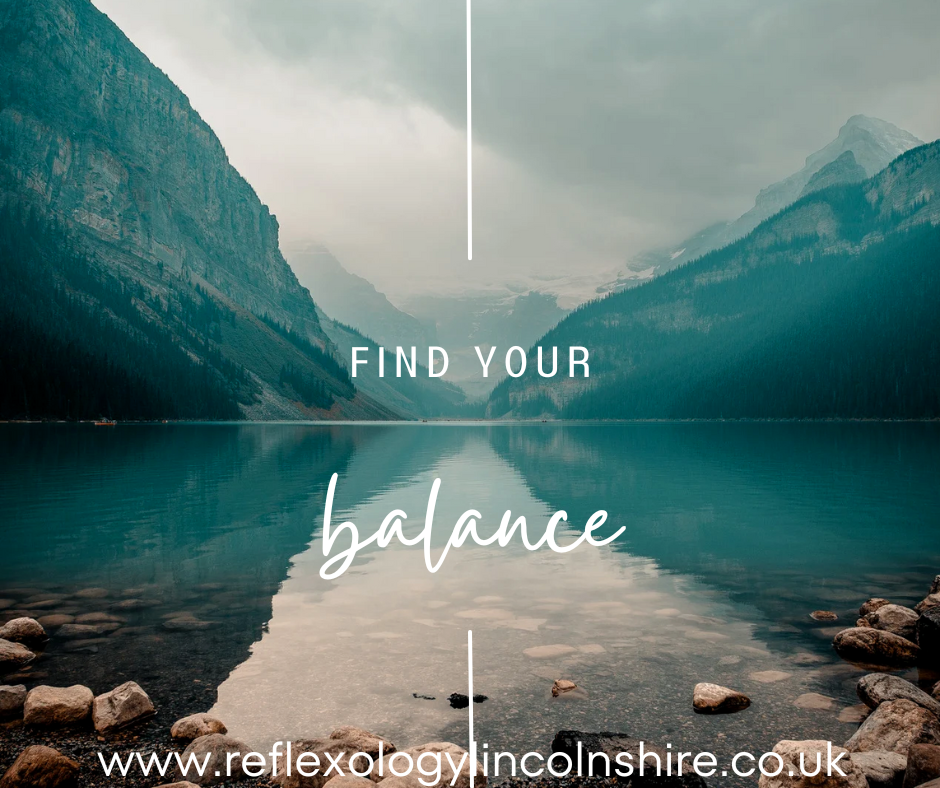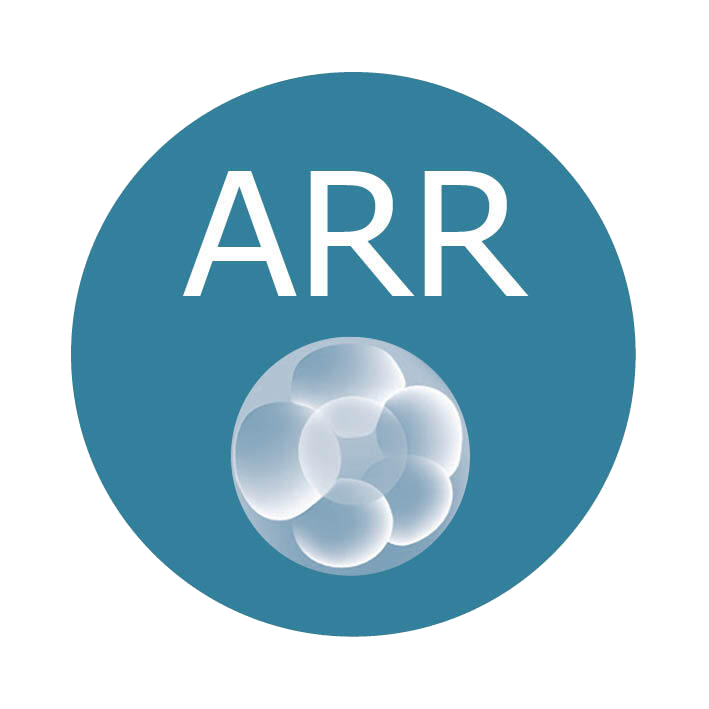New Year’s Resolutions? Make one small change.
First Bag Off to the Charity Shop
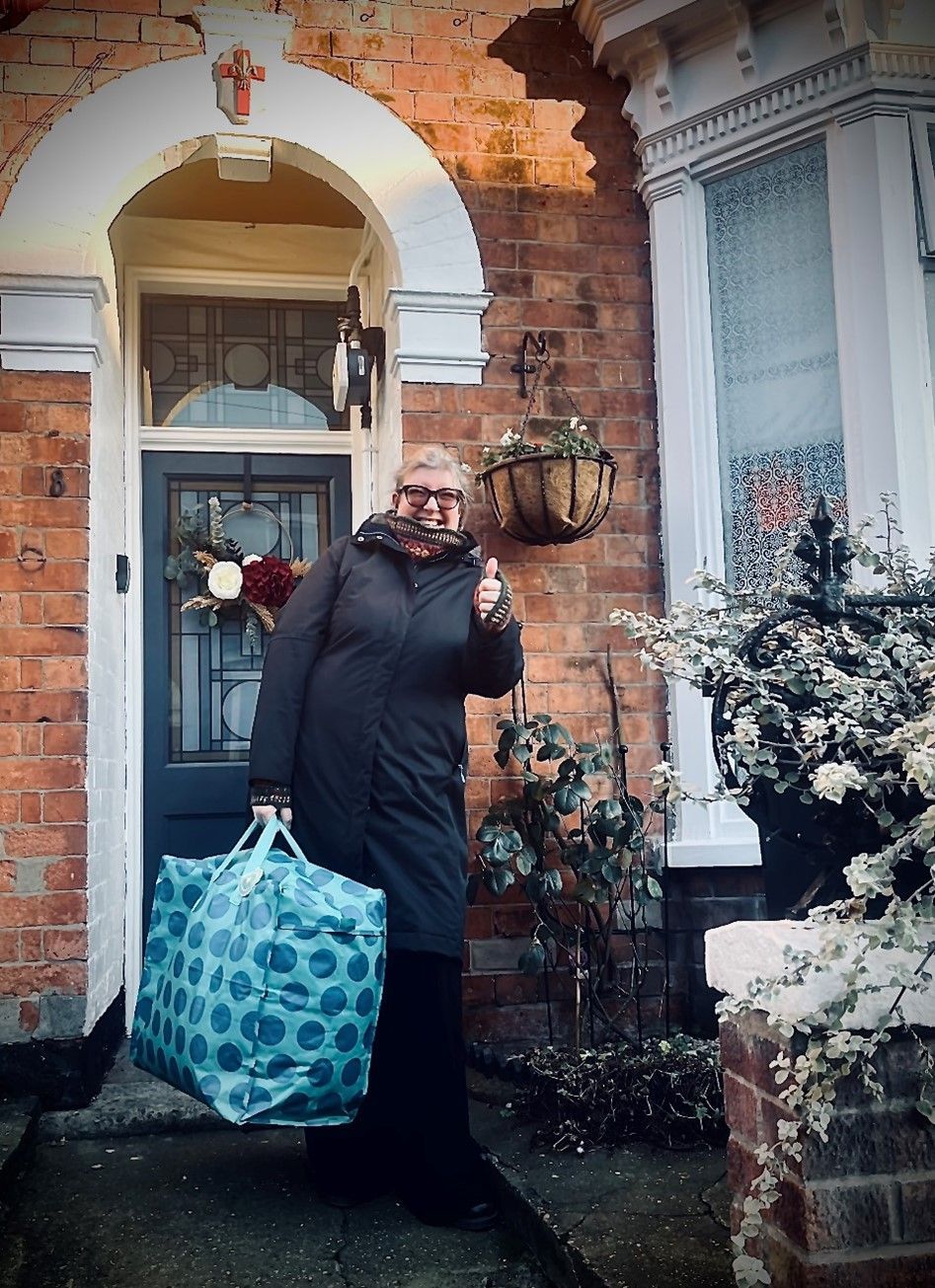
On New Year’s Eve, many of us make resolutions with an optimism to change our lives for the better overnight. I can’t remember how many times I have resolved to ‘lose weight’, ‘get more active’, or ‘read more books’. My enthusiasm has been palpable!
How much money have I wasted on gym memberships and new books?
How much time have I wasted trawling through fad diets that promise me the earth?
Too much! And too often I am left feeling depressed and demotivated as I see no real results. New Year's resolutions have NOT been the best strategy to improve the quality of my life.
By February, 80% of us will fail to follow through our resolutions.
So, what can we do instead?
There are many possible reasons why your resolutions don’t work for you. For example
- Are you are trying to change your entire life overnight? You don't reach the peak of Mount Everest in a day. It's a journey made up from a myriad of small steps.
- Do you disbelieve you can achieve your aspirational goals? If you doubt yourself from the start, maybe you don't commit yourself to the end.
- Do you know the theories, but haven’t put in the practice? You can read the books but energy, effort and spirit is needed to turn talk into action.
- Are your resolutions a source of suffering instead of enjoyment and reward? If so, they can become a source of stress and obligation.
- Are your resolutions too vague, too numerous or outside your control? Get SMART with those resolutions! Specific, Measurable, Achievable, Relevant and Time-Bound.
- Do you know why you are setting them? The resolution needs to be sincerely set and not be what others expect of you, or represent an obligation you don’t believe in.
- Have you told people and got a support network in place? The correct answer is YES and YES!
Are we ready to change psychologically? There is a process for making change which we need to work through in order for the change to make sense to us.
- Precontemplation: You’re starting to become aware that there may be something to change
- Contemplation: You’re thinking about making a change
- Preparation: You start putting a plan together to make a change
- Action: You make the change
- Maintenance: You determine how to maintain the change
- Missing out this step could make your resolution a whim and not a sustainable, achievable goal.
Frustrated with my own results, I changed my strategy. I looked at my intentions. Being honest about current conditions and the goal being set is key to improvement. And being intentional about the desire and direction for growth and development will help to achieve results. This intentionality will also contribute to personal happiness and fulfilment. When moving forward with clear direction, a positive contribution is being made to emotional and mental health.
I became hopeful and optimistic. Making New Year’s resolutions IS inherently hopeful and optimistic.
Things can be better for you, for me, for all. Things can be better at home, at work, in the community. A positive view of the future tends to motivate positive action. Disbelieving that tomorrow can be better, trips up the steps to improve the self or the community. So being optimistic is doubly beneficial as it contributes to personal mental health and motivates positive action at home, at work, in the community.
I refocussed my sense of responsibility. Most New Year’s resolutions have some impact on others. Even if they are about individual self-improvement, they affect families, friends and communities. YOUR resolution to get healthy will keep you around longer for your family and friends. And your plans to do more volunteer work at the community garden will help feed people in your locality. New Year’s resolutions are terrific ways to focus on yourself, but also to consider your broader responsibility as they expand and multiply your positive effects on others.
I strive to be an inspiration to others. When you seek to be better, do better or contribute more fully, you tend to inspire others as well. The primary way people learn is through experiencing the behaviour of others. When you focus on the future and improvement, you can inspire those around you.
Start small. Make a SMART goal. Look at your intention for setting it. Is it something that is achievable and not going become a chore? Can the change become a new and good habit? Is it positive for you and those around you? Are you going to enjoy it?
My resolution this year is to remove one item from my house everyday. It can be something I don’t need anymore, something I no longer want, something that is just gathering dust. That’s 366 less items in the house. Less clutter and more space. These items will be washed down and donated to charity. This will give me a real sense of achievement as I have been wanting to de-clutter for a very long time and doing it all at once seemed overwhelming. This way, removing something everyday will become a new and good habit. And there is nothing quite like the feeling you get from donating to charity.
